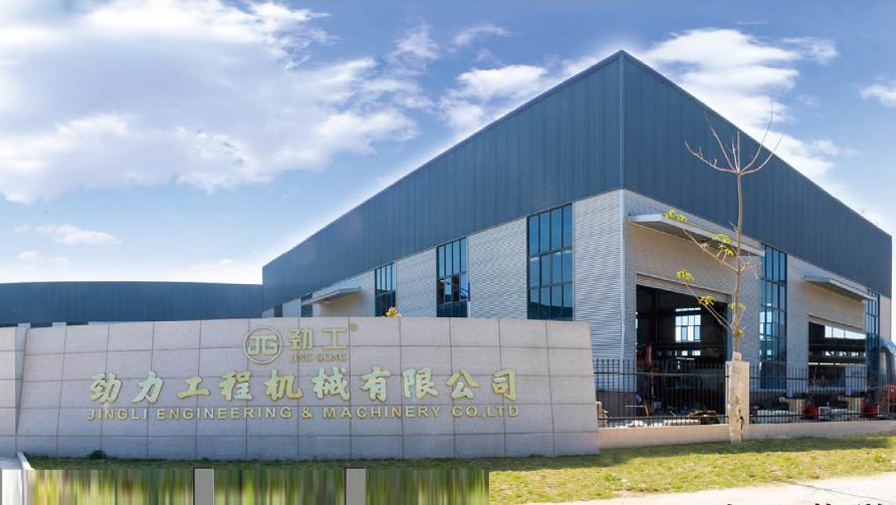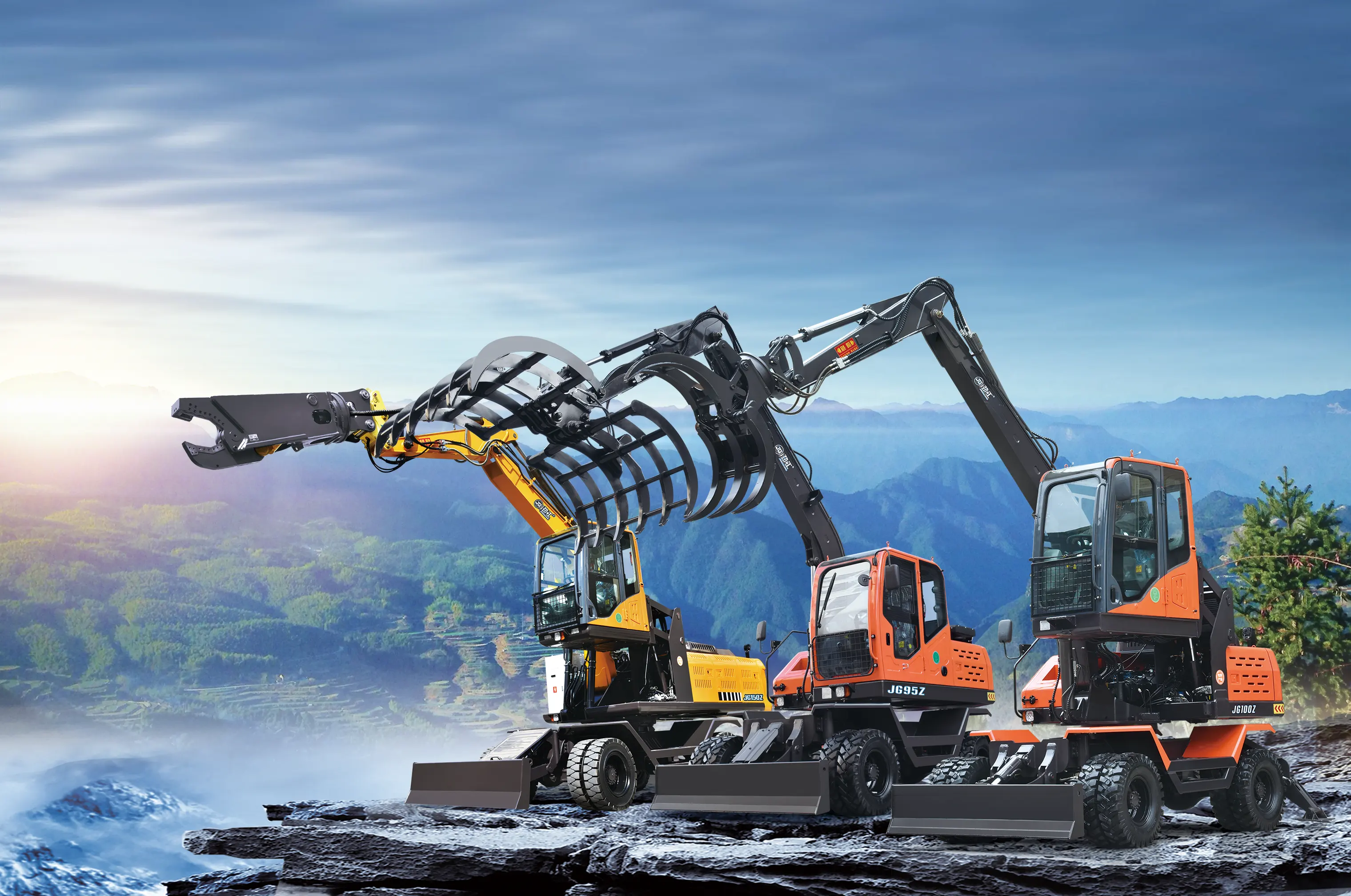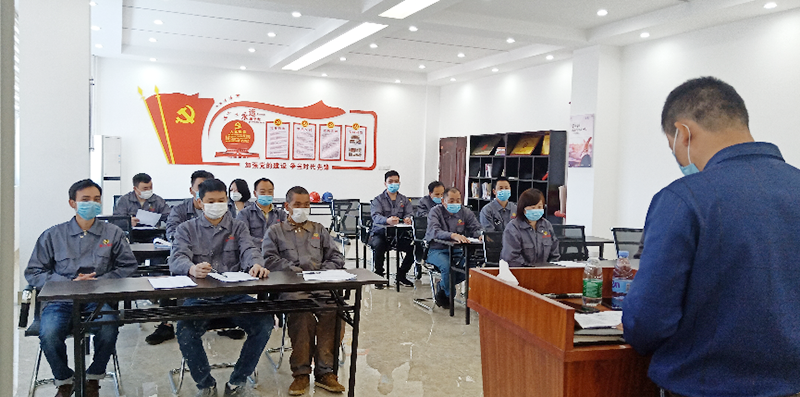
Online Inquiry
Maximize Construction Efficiency: The Benefits of a Superior Compaction Wheel for Excavators
TIME:2025-04-01 10:00
Maximize Construction Efficiency: The Benefits of a Superior Compaction Wheel for Excavators
Table of Contents
- Introduction to Compaction Wheels
- Importance of Compaction in Construction
- Types of Compaction Wheels for Excavators
- Benefits of Using a Superior Compaction Wheel
- How to Choose the Right Compaction Wheel for Your Excavator
- Installation and Maintenance Tips
- Case Studies: Success Stories with Superior Compaction Wheels
- Frequently Asked Questions
- Conclusion
Introduction to Compaction Wheels
In the construction industry, achieving optimal soil compaction is paramount. Compaction wheels for excavators play a crucial role in enhancing construction productivity. These specialized attachments ensure that the soil is compacted uniformly, which prevents future settlement and increases the load-bearing capacity. Understanding their significance can help construction professionals make informed decisions that lead to project success.
Importance of Compaction in Construction
Soil compaction is a fundamental process in construction that involves densifying soil by reducing air voids. Proper compaction is vital for several reasons:
- **Load-Bearing Capacity**: Compacted soil can support heavier loads without settling, which is essential for building foundations, roads, and other structures.
- **Water Drainage**: Well-compacted soil facilitates better water drainage, reducing the risk of flooding and erosion.
- **Longevity of Structures**: Effective compaction minimizes the risk of settling and cracking, extending the life of constructed assets.
Types of Compaction Wheels for Excavators
When considering the use of compaction wheels, it’s essential to understand the various types available, each designed for specific applications:
1. Smooth Drum Compaction Wheels
These wheels are ideal for compacting granular soils and asphalt, providing a smooth finish and high-density compaction.
2. Padfoot Compaction Wheels
Padfoot wheels, equipped with projections, are excellent for compacting cohesive soils like clay, ensuring deeper penetration and densification.
3. Combination Wheels
Combination wheels offer versatility, featuring a mix of smooth and padfoot surfaces, making them suitable for various soil types.
Benefits of Using a Superior Compaction Wheel
Investing in a superior compaction wheel for your excavator can yield numerous benefits that translate into increased productivity and efficiency on the job site.
Time Savings and Efficiency
One of the most significant advantages of using a superior compaction wheel is the reduction in time required for compaction tasks. Traditional methods, such as manual compaction, can be labor-intensive and time-consuming. A compaction wheel allows for rapid deployment, enabling operators to cover larger areas in less time. This efficiency not only accelerates project timelines but also allows for better resource allocation.
Cost-Effectiveness of Compaction Wheels
While the initial investment in a high-quality compaction wheel might seem substantial, the long-term savings are noteworthy. Enhanced compaction leads to fewer rework scenarios, minimizing labor costs and material wastage. Moreover, the durability of superior compaction wheels means they require less frequent replacement, further increasing cost efficiency over time.
Improved Quality of Compaction
Utilizing a quality compaction wheel ensures that soil is evenly compacted, achieving the necessary density for structural integrity. Inadequate compaction can lead to issues such as settling or cracking, which may necessitate costly repairs or even project delays. By investing in superior technology, construction companies can assure higher quality standards and reduce the likelihood of future complications.
How to Choose the Right Compaction Wheel for Your Excavator
Selecting the right compaction wheel involves considering several key factors:
1. Soil Type
Understanding the type of soil you will be working with is crucial. Different soil types require different compaction methods. For instance, clay soils benefit from padfoot wheels, while sandy soils are best compacted with smooth drum wheels.
2. Excavator Compatibility
Ensure that the compaction wheel you choose is compatible with your excavator model. Check the weight capacity and hydraulic specifications to avoid operational issues.
3. Project Requirements
Consider the specific requirements of your project, such as the size of the area to be compacted and the desired compaction density. This will help you determine the best type of compaction wheel for your needs.
Installation and Maintenance Tips
Proper installation and maintenance of your compaction wheel are essential for optimal performance:
1. Installation
Follow the manufacturer's guidelines for installation. Ensure that the attachment is securely fastened to the excavator and that all hydraulic connections are properly made.
2. Regular Maintenance
Regularly inspect the compaction wheel for wear and tear. Lubricate moving parts as recommended and address any issues promptly to maintain efficiency and safety.
Case Studies: Success Stories with Superior Compaction Wheels
To illustrate the impact of superior compaction wheels, we can examine several case studies from the construction industry:
1. Urban Road Project
A metropolitan road construction project saw a 30% reduction in compaction time after switching to a superior compaction wheel. This allowed the team to complete the project ahead of schedule, enhancing traffic flow and commuter satisfaction.
2. Commercial Building Foundation
In a commercial building project, the use of a padfoot compaction wheel resulted in even soil density, thus preventing settling issues. The project was completed on time, and the building has stood firm since its inauguration.
Frequently Asked Questions
1. What is a compaction wheel and how does it work?
A compaction wheel is an attachment for excavators designed to compact soil efficiently. It works by applying pressure to the soil, reducing air voids and increasing density.
2. Can I use a compaction wheel on all soil types?
While compaction wheels can be used on many soil types, the effectiveness can vary. It's essential to choose the right wheel based on the soil's characteristics.
3. How do I maintain my compaction wheel?
Regular maintenance includes inspecting for wear, lubricating moving parts, and ensuring proper hydraulic function to maintain performance.
4. Is a compaction wheel worth the investment?
Yes, the long-term savings in labor and material costs, along with improved project timelines and quality, make compaction wheels a worthwhile investment.
5. How do I determine the right size of compaction wheel for my excavator?
Check the excavator’s specifications and match the compaction wheel size to ensure compatibility and effective operation.
Conclusion
In the fast-paced world of construction, maximizing efficiency is crucial. A superior compaction wheel for excavators not only enhances the quality of soil compaction but also saves time and reduces costs. By understanding the importance of proper compaction, selecting the right equipment, and maintaining it well, construction professionals can ensure the success of their projects. Investing in a high-quality compaction wheel is a step toward achieving greater productivity and reliability in construction operations.
Related News
2025-04-25










